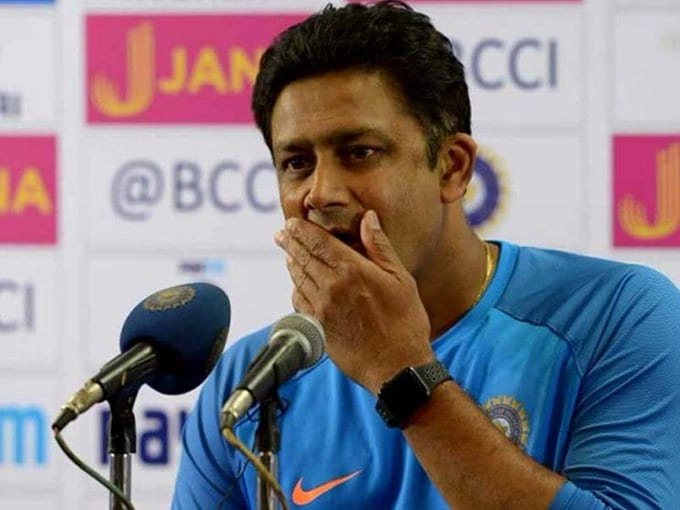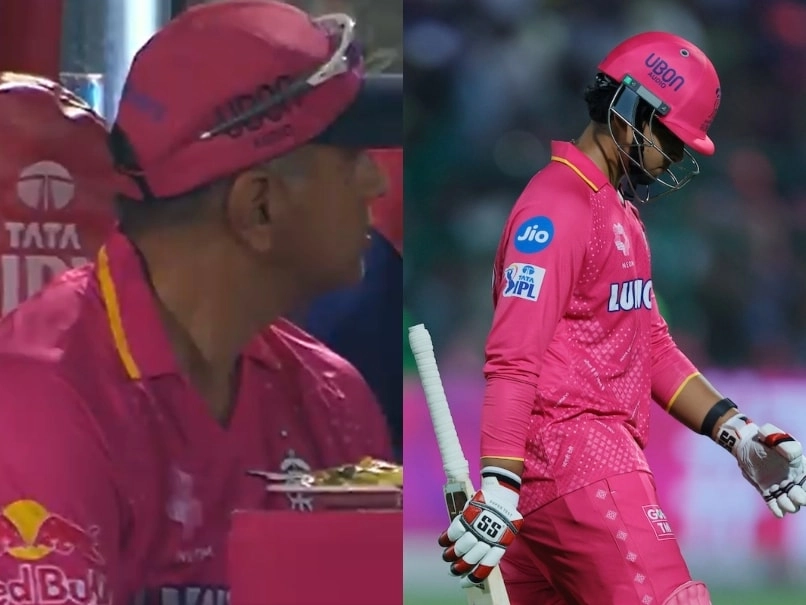In a recent match that has stirred significant controversy, legendary Indian cricketer Anil Kumble openly criticized umpire Paul Reiffel for what he perceived as biased officiating. The phrase “Anything Close, Not Out” encapsulated Kumble’s frustration, suggesting that Reiffel consistently favored the batting side, particularly during critical moments of the game. This claim is not merely a reflection of Kumble’s personal grievances but raises broader questions about the integrity and accuracy of umpiring in cricket, especially in high-stakes matches where every decision can have far-reaching consequences.
Kumble’s direct attack on Reiffel highlights a growing concern among players and fans alike regarding the consistency of umpiring decisions. In the age of technology, where ball-tracking systems and ultra-motion replays are readily available, the expectation for umpires to make correct calls has never been higher. Kumble’s statements resonate with many who believe that human error should be minimized as much as possible, particularly in professional sports where the stakes are incredibly high. This situation prompts a discussion about the role of technology in cricket and whether it is time to reevaluate the responsibilities and training of umpires.
Furthermore, Kumble’s comments also shed light on the psychological pressure that umpires face in the field. The scrutiny that comes with each decision can affect an official’s performance, leading to hesitation or bias, whether intentional or not. Kumble’s remarks serve as a reminder that the human element in officiating, while crucial for the spirit of the game, can sometimes lead to controversy and dissatisfaction among players and fans. As the debate continues, it remains to be seen how cricketing authorities will respond to calls for improved standards in umpiring and whether changes will be implemented to ensure fair play in the sport.
In conclusion, the clash between Kumble and Reiffel serves as a significant moment in cricket, reflecting the complex dynamics between players, officials, and the technology that now plays a pivotal role in the game. As the cricketing community grapples with these issues, Kumble’s bold stance may be the catalyst needed for meaningful discussions about the future of officiating in the sport. The call for greater accountability and transparency in umpiring is not just a matter of personal opinion but a collective plea for the integrity of cricket itself.




